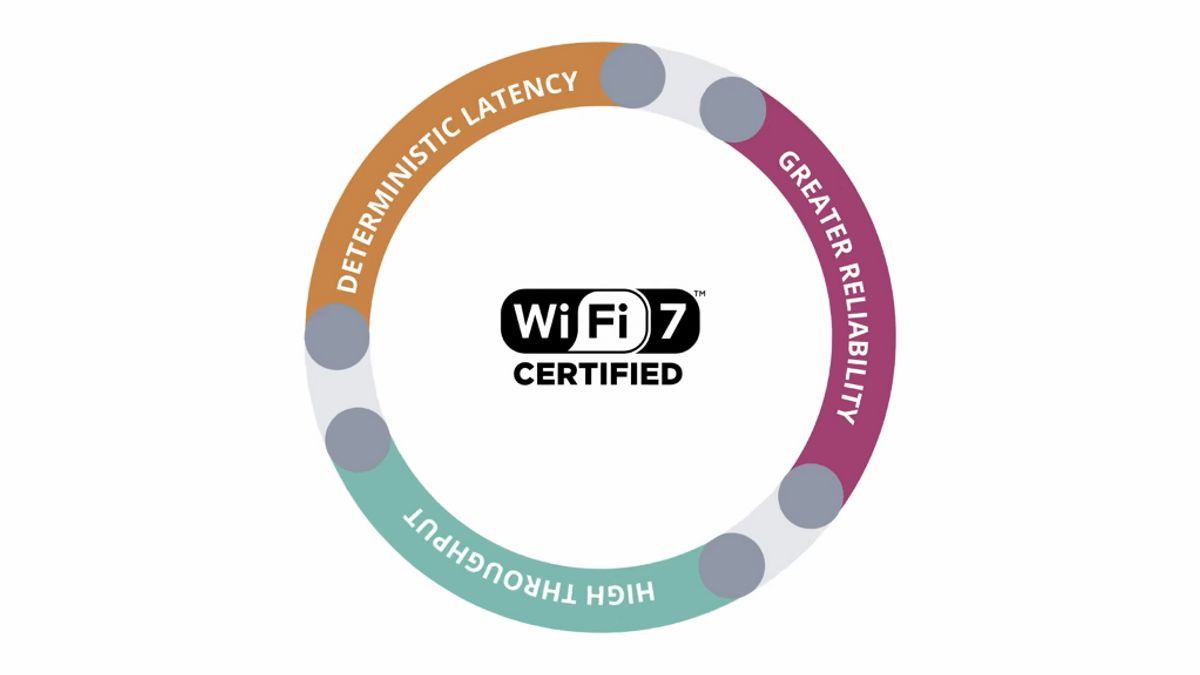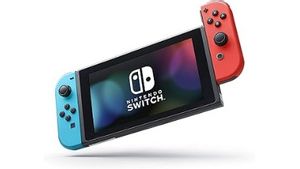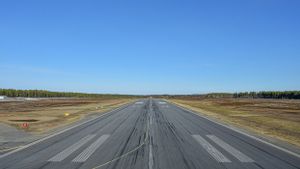YOGYAKARTA Wireless Fidelity aka WiFi is the most popular wireless technology for data transmission. Currently, the latest version of WiFi has been launched earlier this week. WiFi Alliance as the holder of the WiFi trademark released a standard wireless name Wi-Fi 7. So, what is WiFi 7? Let's see the full information below.
WiFi 7 is a new wireless standard whose official protocol is 802.11 be. Wi-Fi 7 was developed by the Institute of Electrical and Electronics Engineer (IEEE) as the successor to WiFI 6 which was released in 2019 and WiFi 6E (2020).
Originally, the development of this wireless standard had been carried out several years ago, but the finalization has only been carried out recently.
WiFi 7 offers a faster connection, lower latency, and the ability to manage more connections well.
Intel as a technology company that produces chipsets with WiFi 7 certification said that the standard has a maximum theoretical speed of 5.8 Gbps.
SEE ALSO:
The connection from the WiFi 7 standard is twice as fast as the previous generation, namely the 6/6E WiFi standard which is only able to reach a speed of 2.4 Gbps, quoted from Cnet, Friday, January 12, 2024.
WiFi 7 works in the same three frequency bands as WiFi 6E, namely 2.4 GHz, 5 GHz, and 6 GHz. The difference is, the width of the channel in the 6 GHz band is added from 160 MHz to 320 MHz. This difference makes the simultaneously transmitted data can increase dramatically.
Another improvement that exists in WiFi 7 is Multi-Link Operation (MLO). In the previous generation, there were several bands, but the device could only connect to one band at a time, for example 2.4 GHz or 5 GHz only.
In WiFi 7 equipped with MLO, the device can be connected simultaneously to two different bands. This update not only increases speed, but also increases connection reliability while reducing latency.
The WiFi Certified 7 network supports advanced WiFi performance for high bandwidth applications to ensure each connected device provides a reliable experience that users expect, "explained Wi-Fi Alliance.
In a statement on its official website, WiFi Alliance in charge of providing WiFi certification said that the high speed and low latency of WiFi 7 opened a variety of new usage scenarios, such as AR/VR multi-users, 3D training, to industrial IoT.
Similar to 6/6E generation wireless, WiFi 7 is backward compatible. This means that the WiFi 7 router can be transferred to the WiFi 6 device, and vice versa.
However, to be able to use WiFi 7, access points and connected devices must have standard certification issued by WiFi Alliance.
For additional information, a number of chipset manufacturers such as Broadcomm, Intel, MediaTek and Qualcom have started producing System on Chip (SoC) with WiFi 7 certification.
Currently, there are still very few WiFi 7 routers available. WiFi Alliance estimates that there will be 233 million WiFi 7 devices entering the market this year. That number will continue to grow to reach 2.1 billion devices in 2028.
That's information about what WiFi is. Get news updates from other options only on VOI.ID.
The English, Chinese, Japanese, Arabic, and French versions are automatically generated by the AI. So there may still be inaccuracies in translating, please always see Indonesian as our main language. (system supported by DigitalSiber.id)















